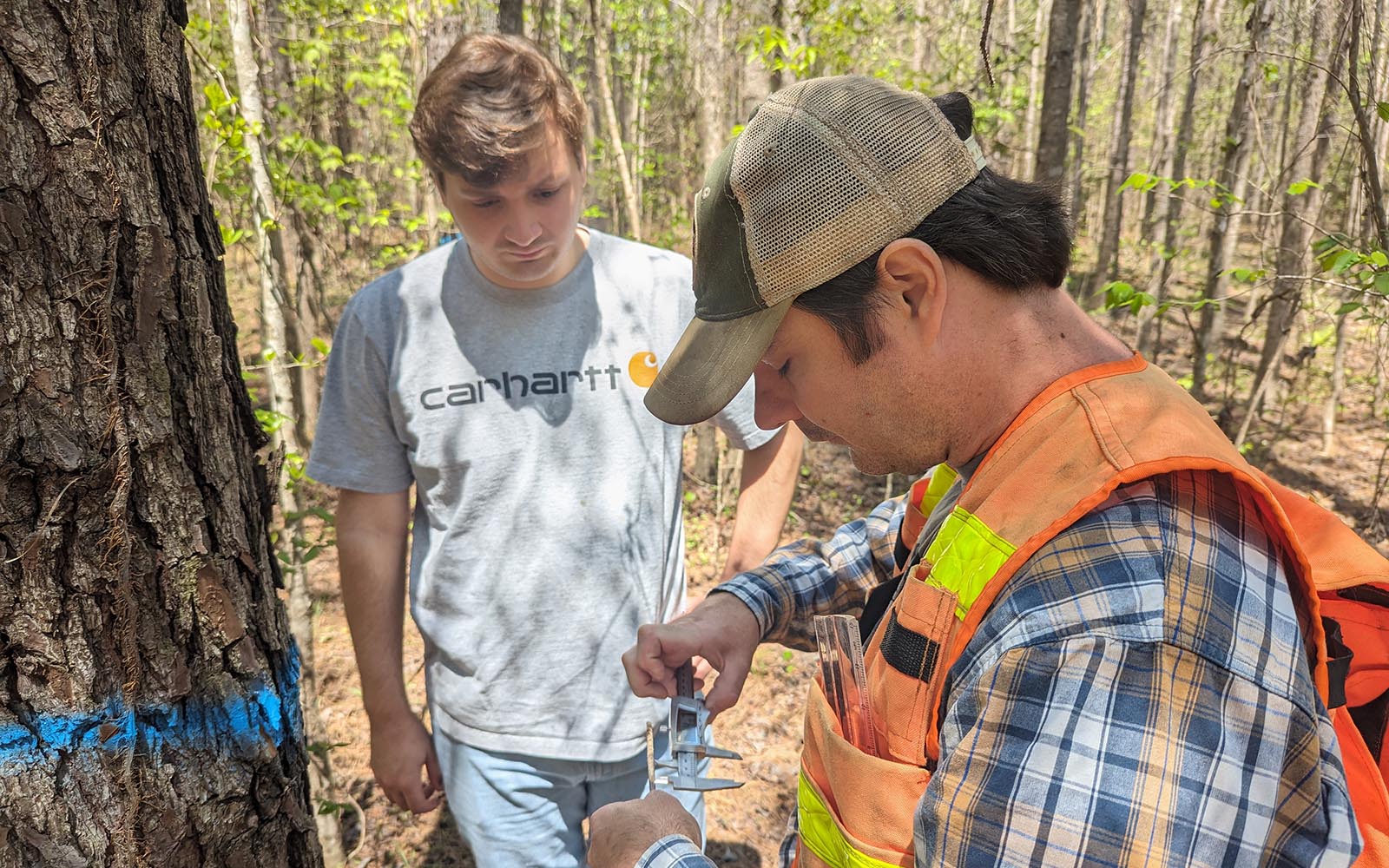During this summer, a team of students from MIT embarked on a journey to the sou …
MSU scientist tackles widespread conifer needle blight crisis
Jennifer Livingstone


An expert from Mississippi State is actively investigating the situation.
John Riggins, a professor in the Department of Biochemistry, Molecular Biology, Entomology, and Plant Pathology, is meticulously studying the reasons behind the widespread occurrence of pine needle blight, a cluster of various fungal species that cause the death of pine needles, leading to diminished tree health. This blight is currently spreading rapidly through loblolly pine stands in Mississippi, Alabama, and neighboring Southeastern states.
The Mississippi Agricultural and Forestry Experiment Station entomologist plays a key role in a collaborative effort initiated by the USDA Forest Service Southern Research Station (SRS) to address the recent spike in reports of needle diseases in the Southeast.
“While these pathogens are indigenous, they have not traditionally posed a threat to mature loblolly pine forests,” Riggins noted. “Previously, the issue was confined to young longleaf seedlings and nurseries.”
Riggins has been aware of reports on needle blight dating back to 2016. Presently, he and his team are investigating the problem comprehensively to determine its extent, timing, locations of occurrence, the specific blight pathogen species involved, and their impacts. They are also exploring the potential roles of insects or other pathogens that might exploit blight-afflicted trees.
“Dr. Riggins’s research contributes to a regional SRS-led project aimed at investigating the distribution, epidemiology, and management of loblolly pine needle diseases,” stated Rabiu Olatinwo, SRS research plant pathologist. “The research network will ultimately benefit the forest ecosystems, products sector, and economy of the region.”

